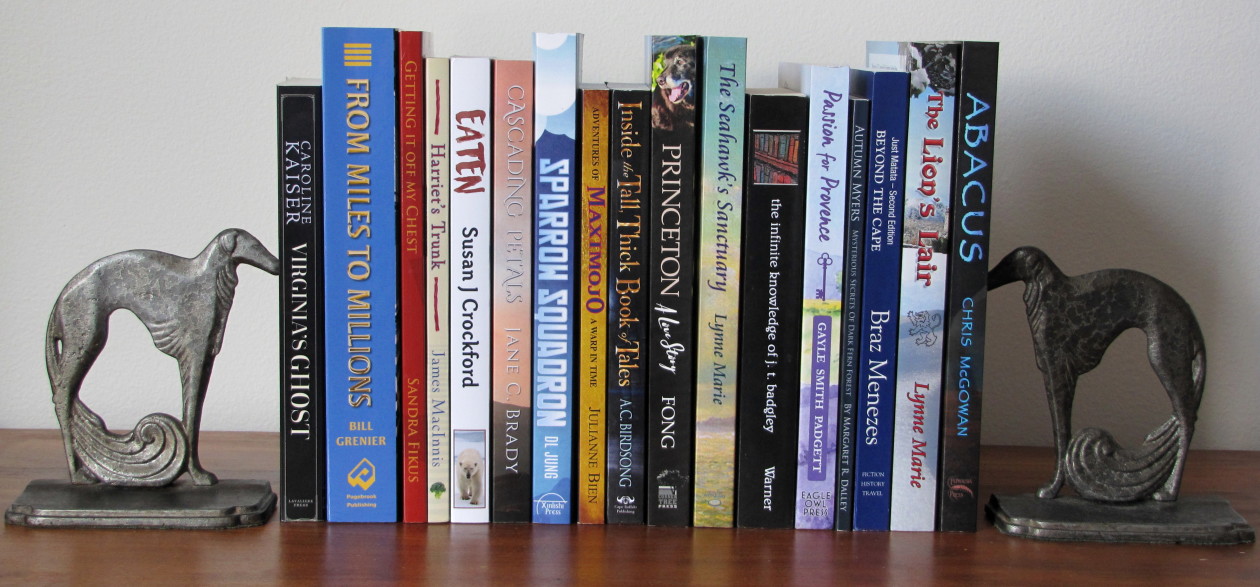James sighed in exasperation as the presenter at the conference droned on and on in her flat monotone. He wasn’t even taking in anything she was saying anymore. God, how bored he was. In fact, he couldn’t remember when he’d last been so excruciatingly bored. He drummed his fingers on his desk restlessly to try to amuse himself, but it didn’t help. All he could think about was that he wished desperately he was not in the auditorium listening to the dullest presentation that anyone had ever given. He felt his mind shutting down and his eyes glazing over, and the time seemed to tick by incredibly slowly. Letting out a gaping yawn, James wondered when it would all be over so his boredom could come to a merciful end. His eyelids grew heavier and heavier, and soon he knew he would be falling asleep, his head drooping as he drifted off. He was really that bored.
* * *
Tell me the truth: at what point in the above paragraph did you decide that you really didn’t give a fig about James? Was it within the first couple of sentences? If, after reading the first two or three, you simply skipped ahead to the second paragraph, hoping for something much more stimulating to read, I can hardly blame you for your impatience. Perhaps you are no longer even with me, as you’ve fallen asleep in front of your computer screen. If so, I offer my deepest apologies for torturing you with James’s tedious story, which I wrote myself.
Someone’s boredom has to rank among the top ten things I really don’t care to read about. But judging by how often the subject appears in writing, not everyone agrees with me. Many a writer has spilled far too much ink conveying in devastatingly mind-numbing detail the intolerable state of being bored, and many a poor protagonist has suffered the agony of being in this state.
One observation I’ve made is that authors who dwell on boredom often tend to be rather young. Perhaps, even with social media and all the other delightful distractions of the twenty-first century, many young people still experience much more boredom than older people do and are therefore much more likely to write about what it feels like. But this is not something I know for sure–I am only surmising.
Reading about boredom is, well, boring. For one thing, when an author goes on and on about the exquisite torment of his character’s boredom, the plot tends to come to a complete standstill, which is rarely a good thing in fiction. For another, bored characters chafe at my nerves. They’re dull themselves and often unreasonably whiny. Sometimes, with the way they carry on, you’d think they’re the only people in the history of the world who have ever been so bored. And I usually want to ask (no, demand) that they try harder to be more resourceful and find creative ways of amusing themselves. After all, I’ve sat through some awfully boring presentations too, but I at least managed to come up with some impressive doodles while the presenter was droning on and on. There’s no reason why bored characters can’t choose to break out of their dreary states and become much more interesting to readers in the process.

 Follow
Follow